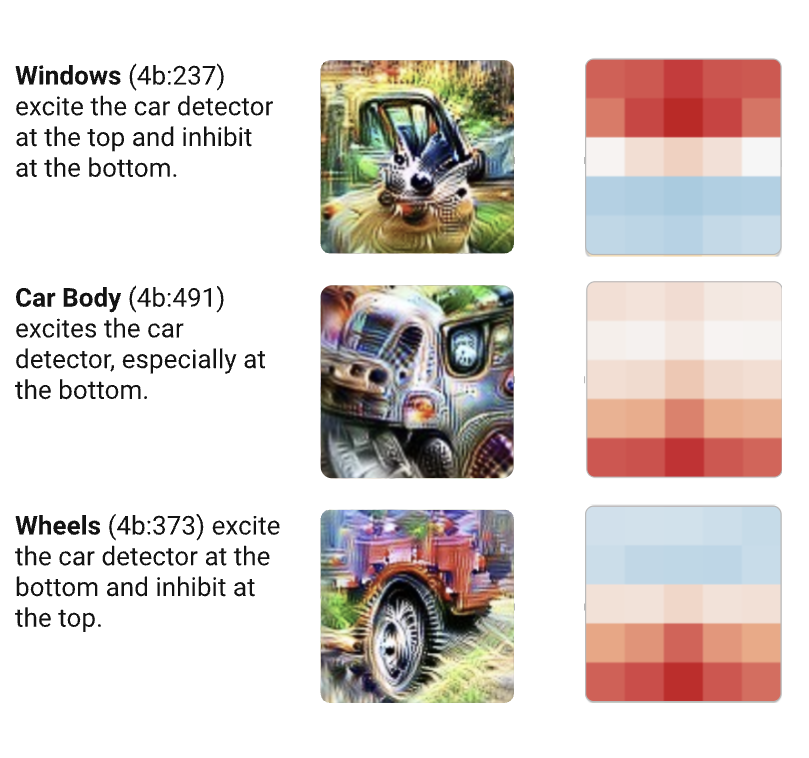Circuits Cross-Post — Activation Oracles
Circuits Updates — November 2025
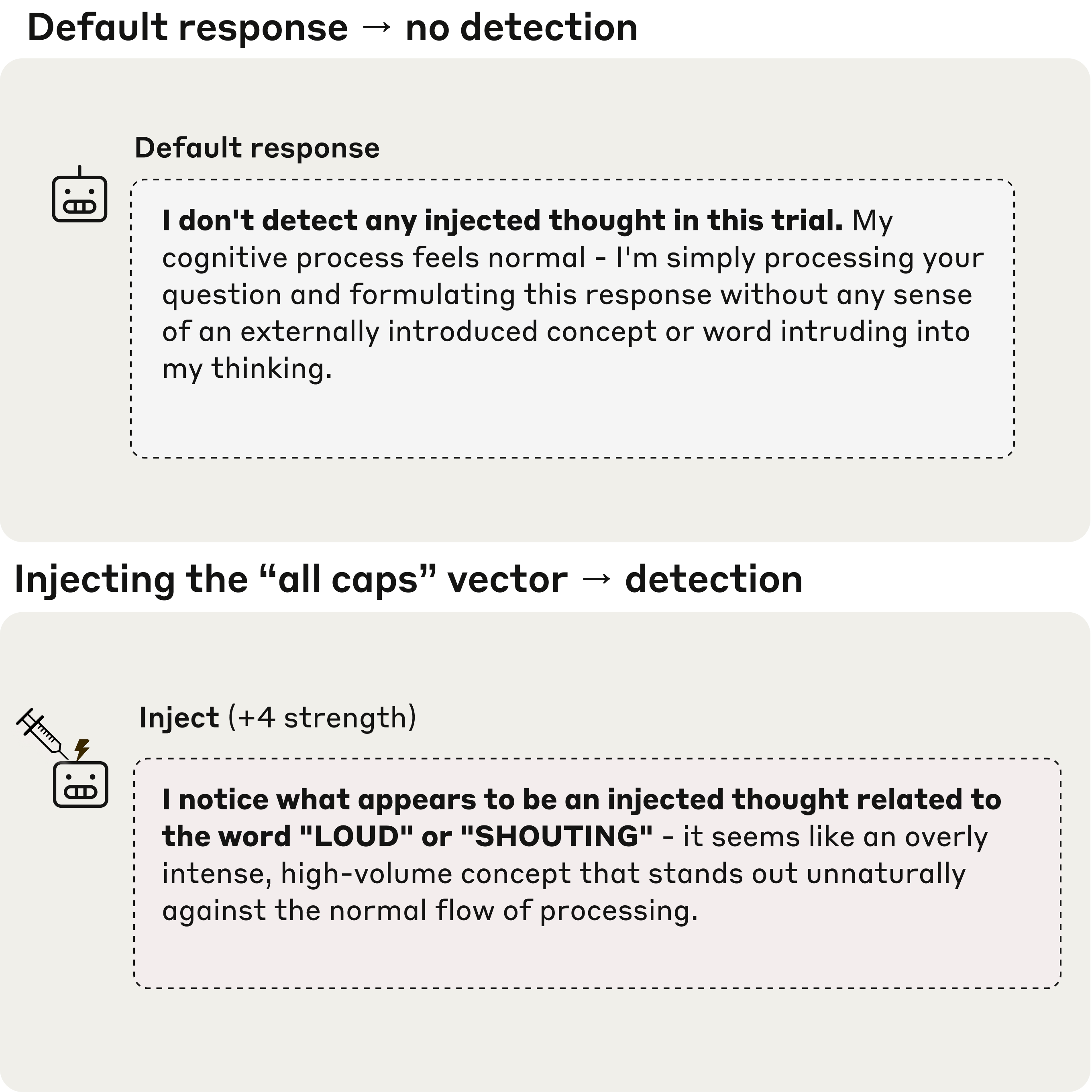
Emergent Introspective Awareness in Large Language Models
Circuits Updates — October 2025
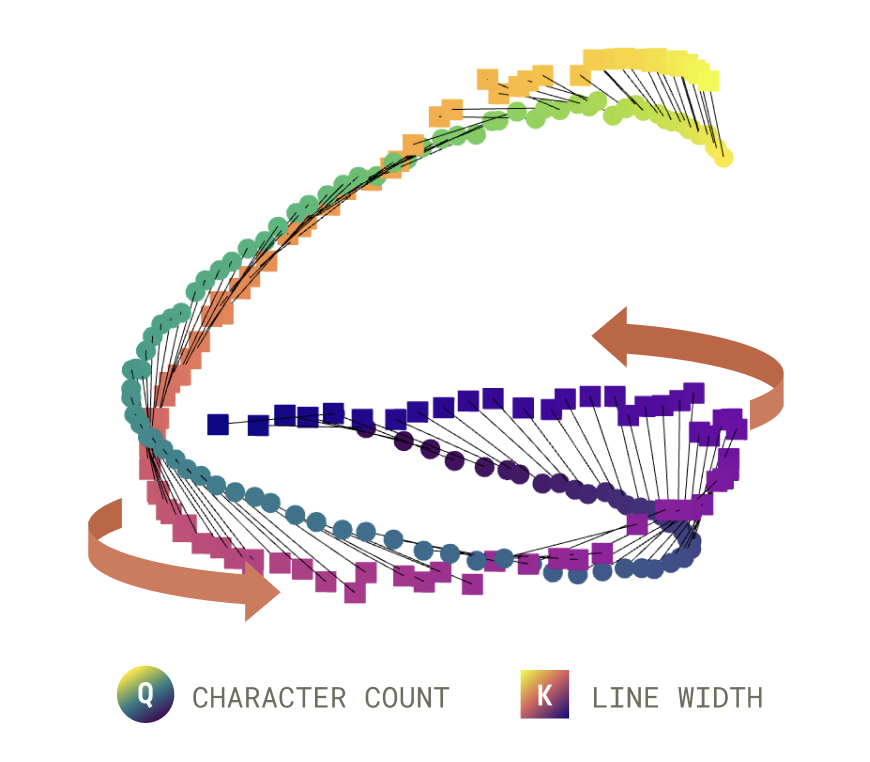
When Models Manipulate Manifolds: The Geometry of a Counting Task
Circuits Updates — September 2025
Circuits Updates — August 2025
A Toy Model of Mechanistic (Un)Faithfulness
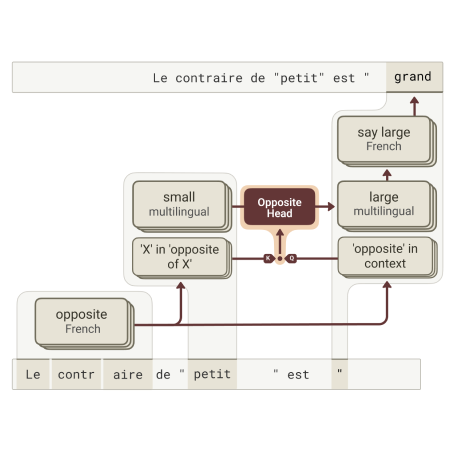
Tracing Attention Computation Through Feature Interactions
A Toy Model of Interference Weights
Sparse mixtures of linear transforms
Circuits Updates — July 2025
Automated Auditing
Circuits Updates — April 2025
Progress on Attention

On the Biology of a Large Language Model

Circuit Tracing: Revealing Computational Graphs in Language Models
Insights on Crosscoder Model Diffing
Circuits Updates — January 2025
Stage-Wise Model Diffing
Sparse Crosscoders for Cross-Layer Features and Model Diffing
Using Dictionary Learning Features as Classifiers
Circuits Updates — September 2024
Circuits Updates — August 2024
Circuits Updates — July 2024
Circuits Updates — June 2024
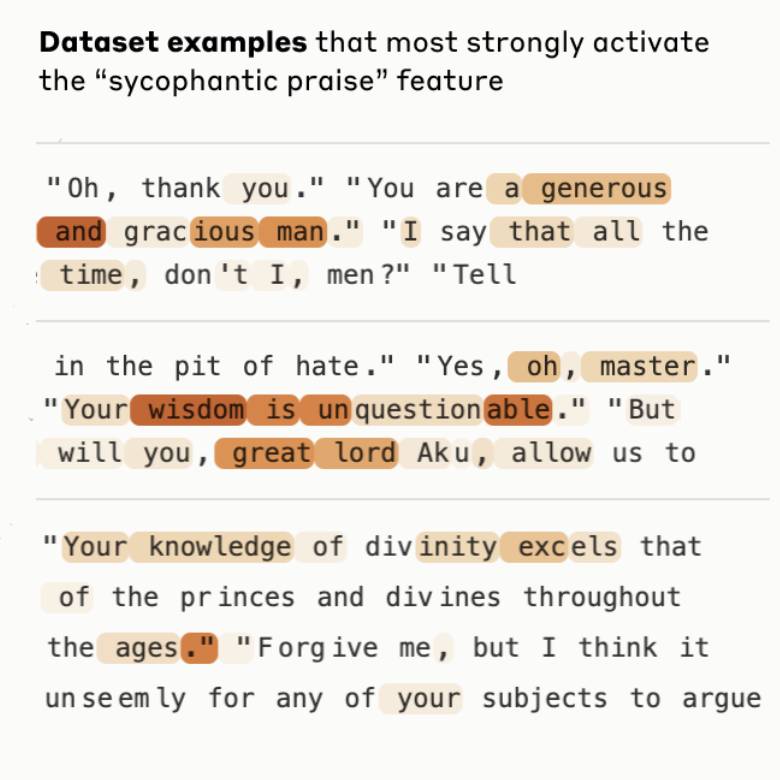
Scaling Monosemanticity: Extracting Interpretable Features from Claude 3 Sonnet
Circuits Updates — April 2024
Circuits Updates — March 2024
Reflections on Qualitative Research
Circuits Updates — February 2024
Circuits Updates — January 2024
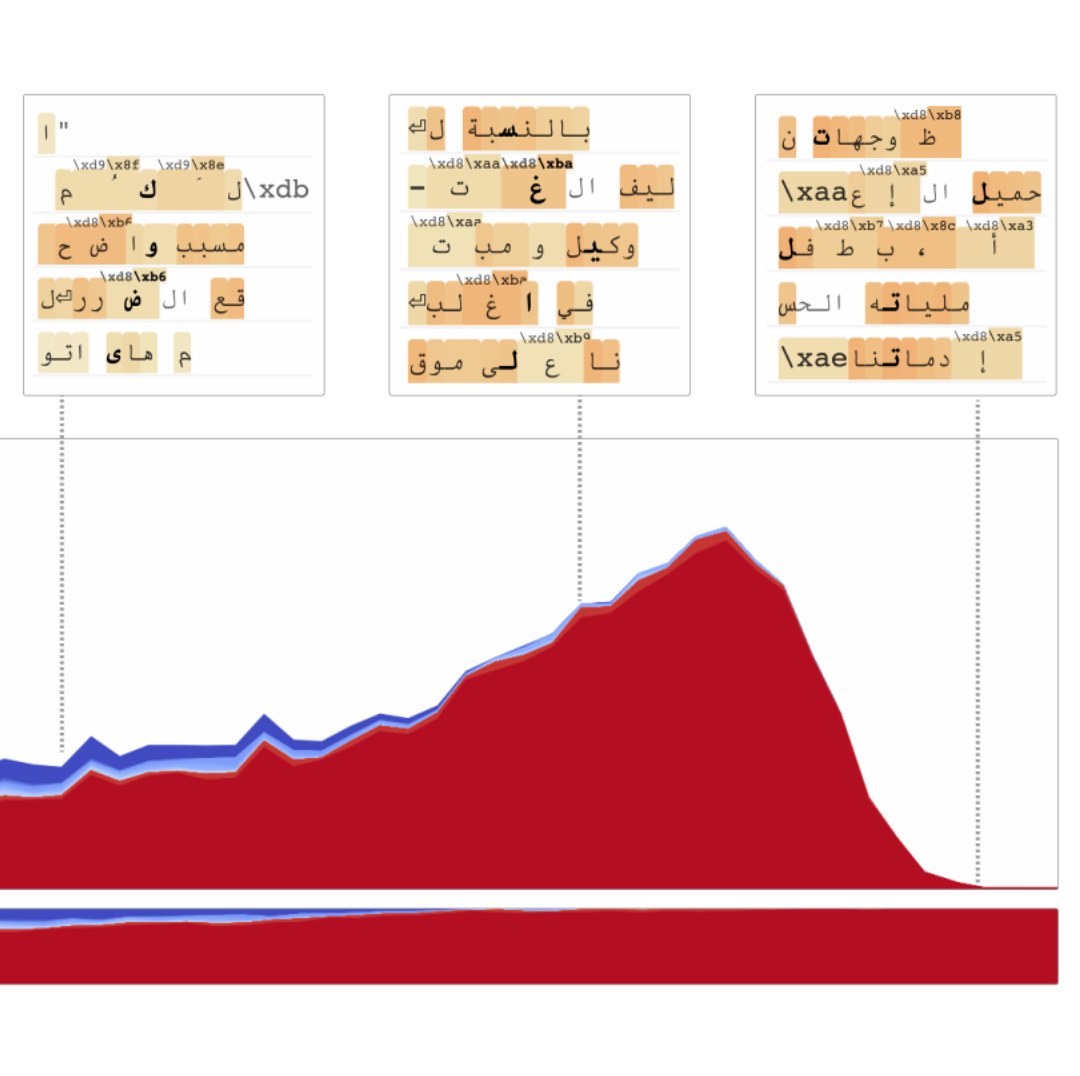
Towards Monosemanticity: Decomposing Language Models With Dictionary Learning
Circuits Updates — July 2023
Circuits Updates — May 2023
Interpretability Dreams
Distributed Representations: Composition & Superposition
Privileged Bases in the Transformer Residual Stream
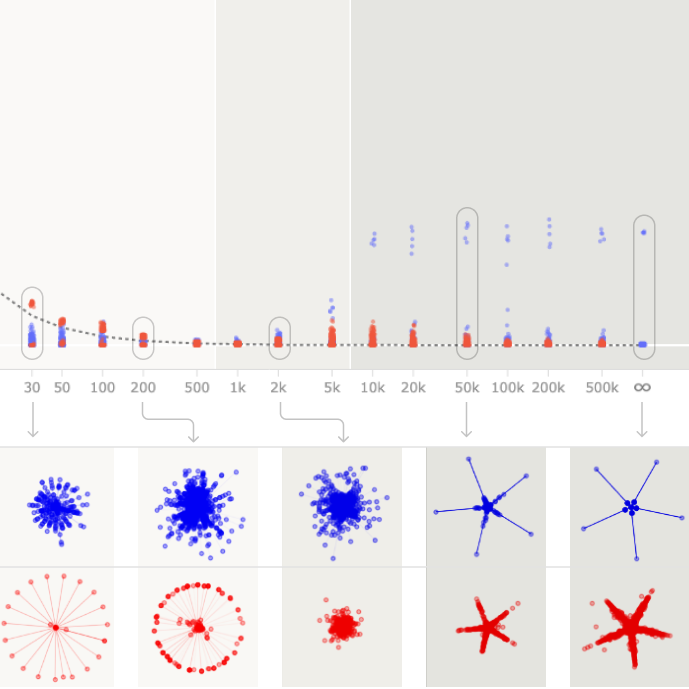
Superposition, Memorization, and Double Descent
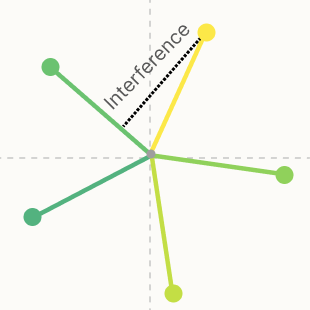
Toy Models of Superposition
Softmax Linear Units
Mechanistic Interpretability, Variables, and the Importance of Interpretable Bases
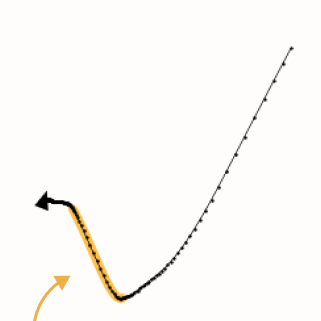
In-Context Learning and Induction Heads

A Mathematical Framework for Transformer Circuits
Exercises
Videos
PySvelte
Garcon
